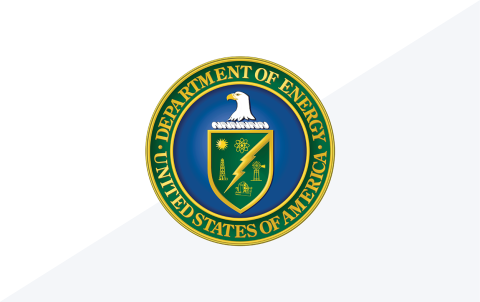
U.S. Department of Energy (DOE) Secretary Chris Wright announced the release of the sixth loan disbursement to Holtec to help fund the restart of the Palisades Nuclear Plant.

U.S. Secretary of Energy Chris Wright today delivered the U.S. National Statement at the General Conference of the International Atomic Energy Agency (IAEA) in Vienna, Austria.

Energy Department Announces $134 Million to Advance U.S. Fusion Leadership Through Targeted Research
The U.S. Department of Energy (DOE) today announced $134 million in funding for two programs designed to secure U.S. leadership in emerging fusion technologies and innovation.

The U.S. Department of Energy today released the following statement from Secretary Chris Wright in response to recent inaccurate news reports.

U.S. Secretary of Energy Chris Wright today announced the Department of Energy’s final authorization for Commonwealth LNG, LLC to export up to 1.21 billion cubic feet per day of natural gas as liquefied natural gas.

The U.S. Department of Energy today announced more than $35 million for 42 projects through DOE’s Technology Commercialization Fund.

Emergency order increases grid stability and minimizes the risk of energy shortfalls in the Mid-Atlantic region of the United States.

The U.S. Department of Energy today made conditional commitments to provide high-assay low-enriched uranium to three U.S. companies to meet near-term fuel needs.

Energy Transfer’s Lake Charles LNG Export Company, LLC granted time to commence exports of liquefied natural gas to non-free trade agreement countries from the Lake Charles LNG project in Lake Charles, LA.

U.S. Secretary of Energy Chris Wright joined Governor Glenn Youngkin and business leaders today at the Thomas Jefferson National Accelerator Facility.

